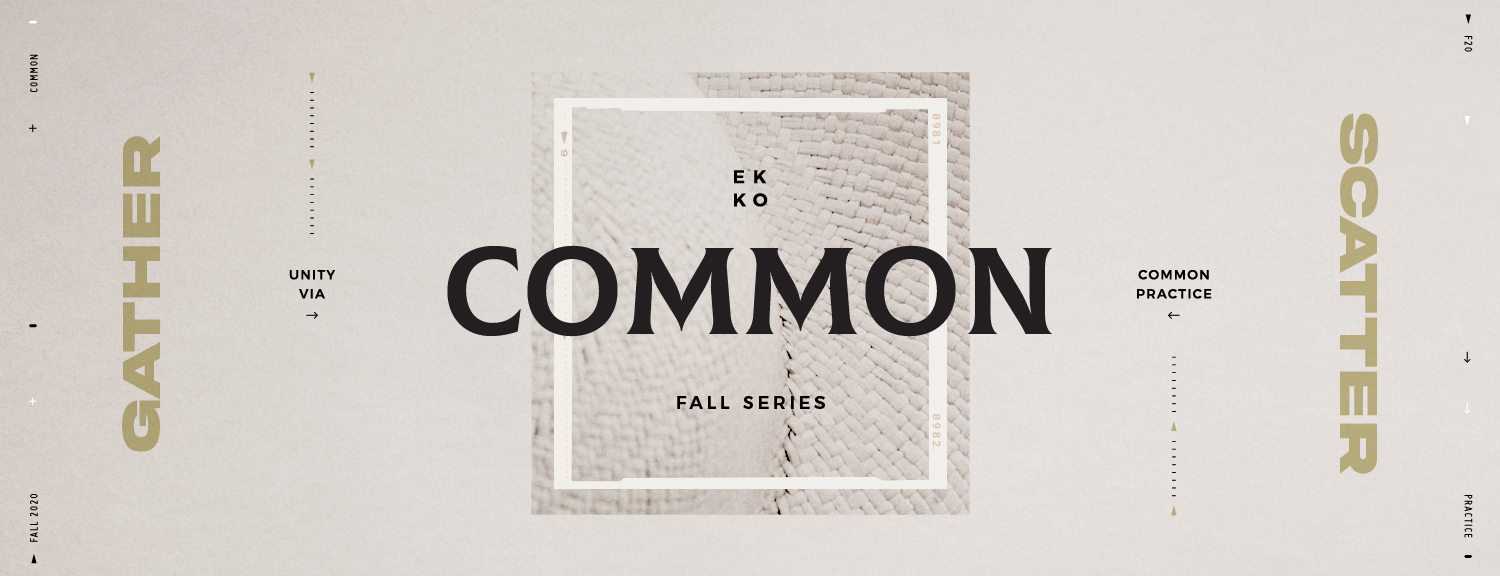As Christians, we are united around the common practice of eating. The early church was not just marked by what they learned or how they served, but by the practice of communing together in the breaking of bread.
They devoted themselves to the apostles’ teaching and to fellowship, to the breaking of bread and to prayer. Everyone was filled with awe at the many wonders and signs performed by the apostles. All the believers were together and had everything in common. They sold property and possessions to give to anyone who had need. Every day they continued to meet together in the temple courts. They broke bread in their homes and ate together with glad and sincere hearts, praising God and enjoying the favor of all the people. And the Lord added to their number daily those who were being saved. — Acts 2:42-47
But why is eating and partaking of the Lord’s Supper so important?
“The Eucharist is the consummation of the whole spiritual life.”
Thomas Aquinas
When you look at Jesus’ life, one of the last things he did before his crucifixion and death was to institute the Lord’s Supper. He reminds his disciples to practice this in remembrance of him. It’s a tangible reminder of his nearness to his disciples—and by extension, to us.
It’s a reminder of God’s desire for relationship with us—yes, even when we have gone through sin and suffering, that he still wants to be near us.
But the Lord’s Supper is also a reminder that Jesus is doing something with us at the table. You see, it’s at the table where Jesus ate with sinners and tax collectors and Pharisees alike. All were invited to the table to dine with him, and in doing so, they were transformed. And so it is with us as we partake of the bread and the wine.
It’s a reminder that he is changing us, even if we can’t feel it.
It’s a reminder that we are in the midst of transformation.
It’s a reminder that resurrection is happening all around us.
So how do we practice the common practice of eating?
Jesus instructs his disciples to “take, eat, and drink.”
While they were eating, Jesus took bread, and when he had given thanks, he broke it and gave it to his disciples, saying, ‘Take and eat; this is my body.’ Then he took a cup, and when he had given thanks, he gave it to them, saying, “Drink from it, all of you. This is my blood of the covenant, which is poured out for many for the forgiveness of sins.”
Matthew 26:26-28
Here are some ways we can do this:
- You can remind yourself of God’s goodness and transforming power every time you sit down to take a meal. In your prayer of grace, ask God to remind you of what Jesus is doing, even if it doesn’t feel like anything is changing.
- You can “host” someone by inviting them to a meal—just like Jesus did. Ask yourself: who is in need of encouragement, hope, or faith?
- Send a meal to someone who is down, disappointed, or overwhelmed, as a gesture of love, and trust that the Holy Spirit will minister to them in the process of eating what has been given out of love.
For more discussion and behind the scenes of this sermon in the Common Series, listen to our new podcast: The Common Podcast. We upload new episodes every Wednesday! Stay tuned as we continue to learn the Common practices that keep us united as Christ-followers.
